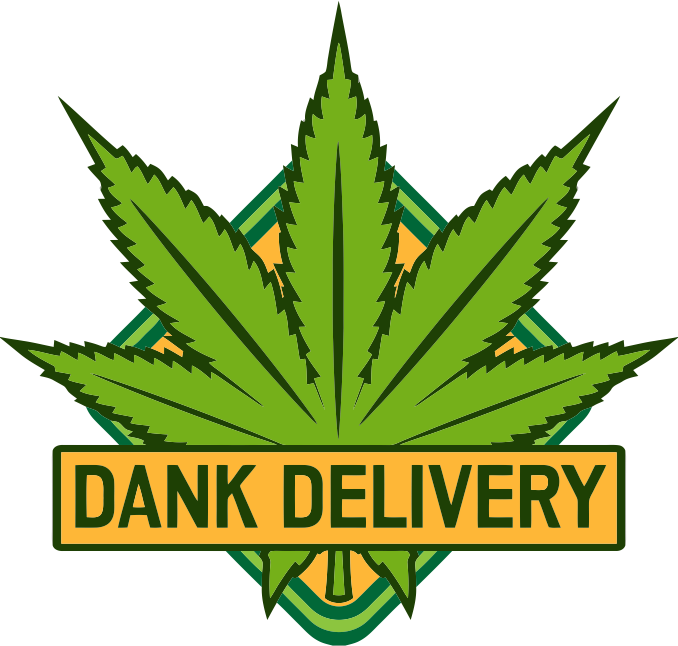[ad_1]
In the past few years, a lot of hype has started to develop around ketamine as a potential first-line drug for addiction treatment. In 2019, Florida State University researchers found that rats that were induced to have alcohol use disorder (AUD) were far less likely to drink alcohol after being given ketamine. In their study, the doses of ketamine reduced the rats’ alcohol use by close to 80 percent, with the effects lasting a few weeks after.
On the Florida State University website, the project’s team leader says, “…three weeks is a long time in a rat’s life… If a similar thing happened in humans, one could imagine that after a short treatment with ketamine, alcoholic patients could possibly cease alcohol intake for a couple of years”.
Alcohol use disorder (AUD) and other substance use disorders (SUD) are both similar in that many people with these conditions develop defective connections in their brains, which leads to compulsive substance misuse. This means that there is reason to believe that ketamine may have beneficial effects for other kinds of addictions.
Ketamine: a better anti-depressant?
This exciting news came around the same time that a form of ketamine was approved by the FDA for treating depression, a condition that often co-occurs with SUD in a dual diagnosis. In North Texas, dual diagnosis treatment centers in Dallas have already started using ketamine to control depression as part of medication-assisted therapy in a few cases.
In treating “treatment-resistant depression” ketamine was found to be so effective that the FDA moved to fast-track the approval process. This move was met with concern among many addiction treatment professionals.
The current opioid crisis has been blamed in part on a more lax attitude towards painkiller prescriptions in the 2000s and 2010s, and the rise in benzodiazepine deaths has also been attributed to similar reasons. There is concern that the wider availability of ketamine might open the doors for more misuse and addiction, therefore leading to a more robust illicit market for the drug.
The current ketamine abuse problem
These fears are mostly due to ketamine being a current drug of abuse. Ketamine was first developed in the early 1960s, as a replacement for extremely addictive PCP (Phencyclidine or phenylcyclohexyl piperidine; street name, “angel dust”). By 1970, it was seeing FDA-approved use as an anesthetic and sedative. It was also notably used on American servicemen participating in the Vietnam War.
The drug’s dissociative, euphoric, and hallucinogenic effects became widely known soon after this initial widespread use. Later on, ketamine became a preferred drug in the club scene and was also widely used as a date rape drug.
Surprisingly, while health and law enforcement authorities knew how ketamine was being misused, it was only in 1999 that it was classed as a Schedule III non-narcotic controlled substance under the DEA.
After this, ketamine became much less used in medical applications in favor of opioids. It remains widely used in veterinary medicine, and much of the current misuse is from diverted veterinary medications. Overall, the misuse of ketamine decreased after the DEA reclassification, likely because it was no longer as accessible as it was previously.
How new and future uses of ketamine may be different
Yale Medicine recently published an article titled “How New Ketamine Drug Helps with Depression.” In studies referred to in the article, low doses of ketamine — much lower than the usual amounts associated with abuse — were found to improve depression symptoms in a very different way from traditional antidepressants.
Rather than altering the production or absorption of different hormones to compensate for the chemical imbalances associated with depression, ketamine works by stimulating the growth of new brain connections, bypassing the defective connections associated with depression.
This growth of brain neuron connections may also explain why ketamine also worked to reduce alcohol cravings in those rats in the Florida State University study. Ketamine may be allowing the brain to build new connections that bypass the ones associated with compulsive alcohol use.
Because depression and substance use disorders are so common and are often co-morbid, it may only be a matter of time before ketamine becomes much more widely used in addiction treatments/centers here in the United States. It is already listed as an essential medicine by the World Health Organization (WHO). According to Marie-Paule Kieny, Assistant Director-General for Health Systems and Innovation at the WHO, “The medical benefits of ketamine far outweigh potential harm from recreational use.”
Summary
There is a growing amount of hype surrounding ketamine, both for its proven effectiveness in treating depression, and its potential for addiction treatments. However, if historical patterns of other so-called wonder drugs repeat themselves, we may be seeing the seeds of a future abuse issue in the making.
Even with all these new and exciting applications, the addictive potential and overdose risks of ketamine remains. If you’re interested in ketamine for addiction treatment or for treating depressions related to substance use disorder, it’s important to follow the advice of your physician closely.
[ad_2]
Source link







![How To Find Trending Topics For Youtube Videos During Crisis [Using 2 Amazing Tools]](https://dankdelivery.co.uk/storage1/2021/08/1629193505_hqdefault-400x250.jpg)
